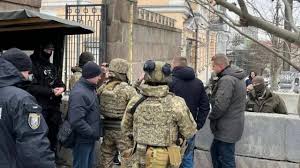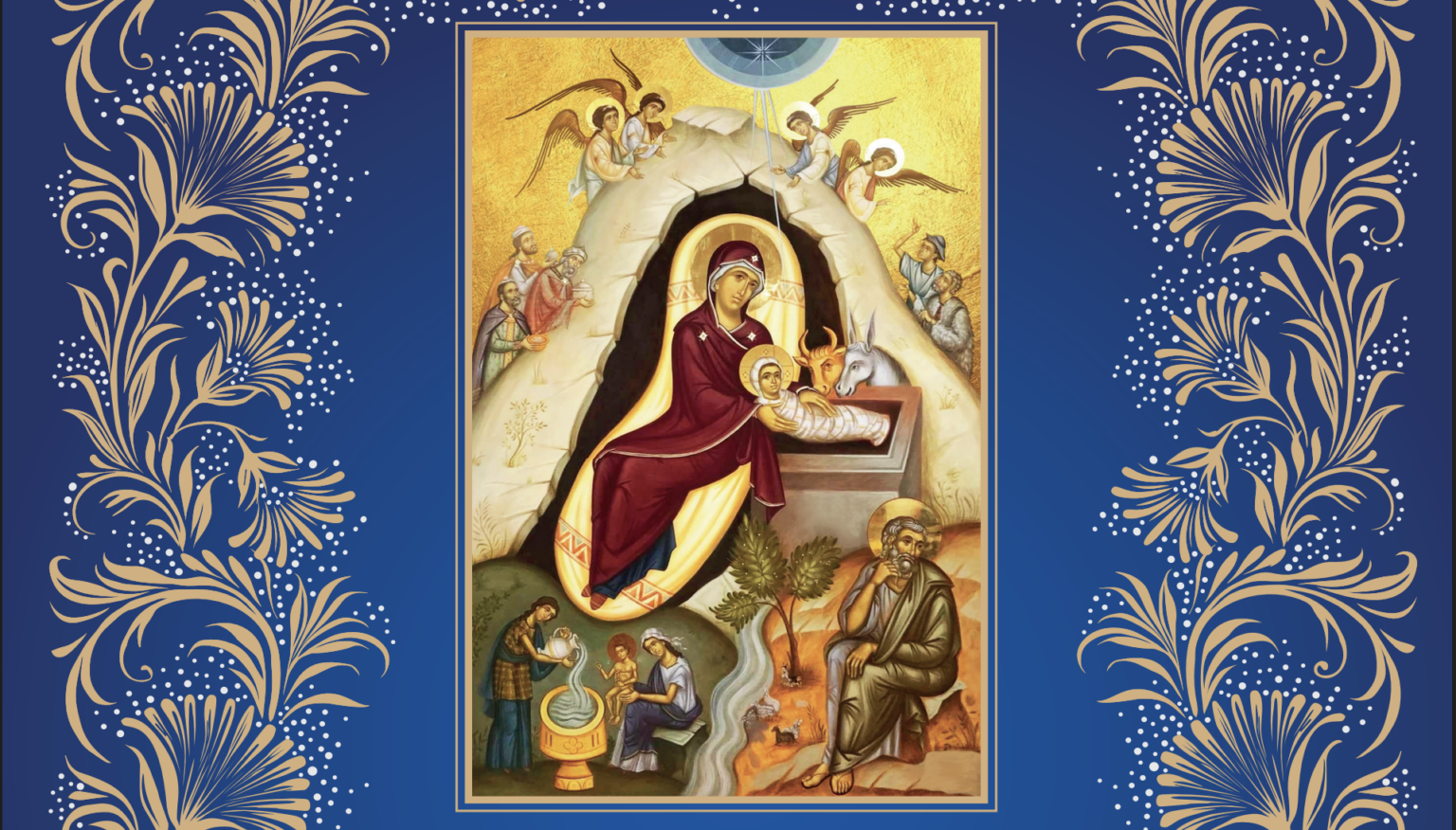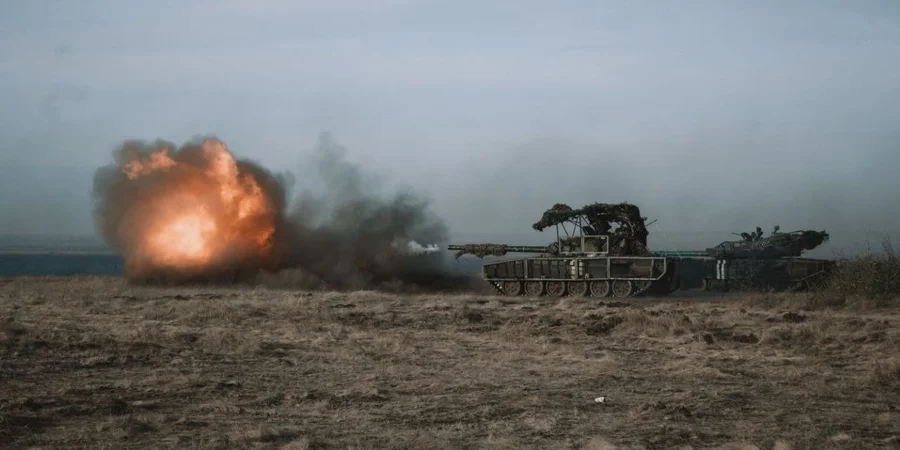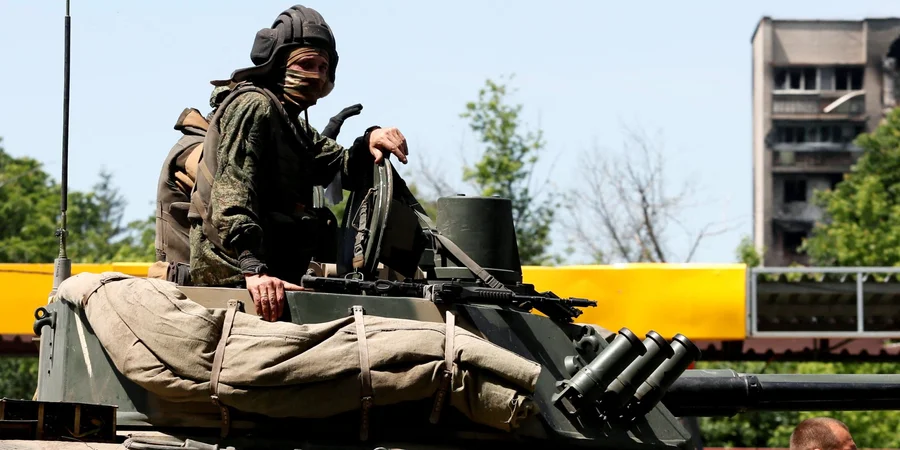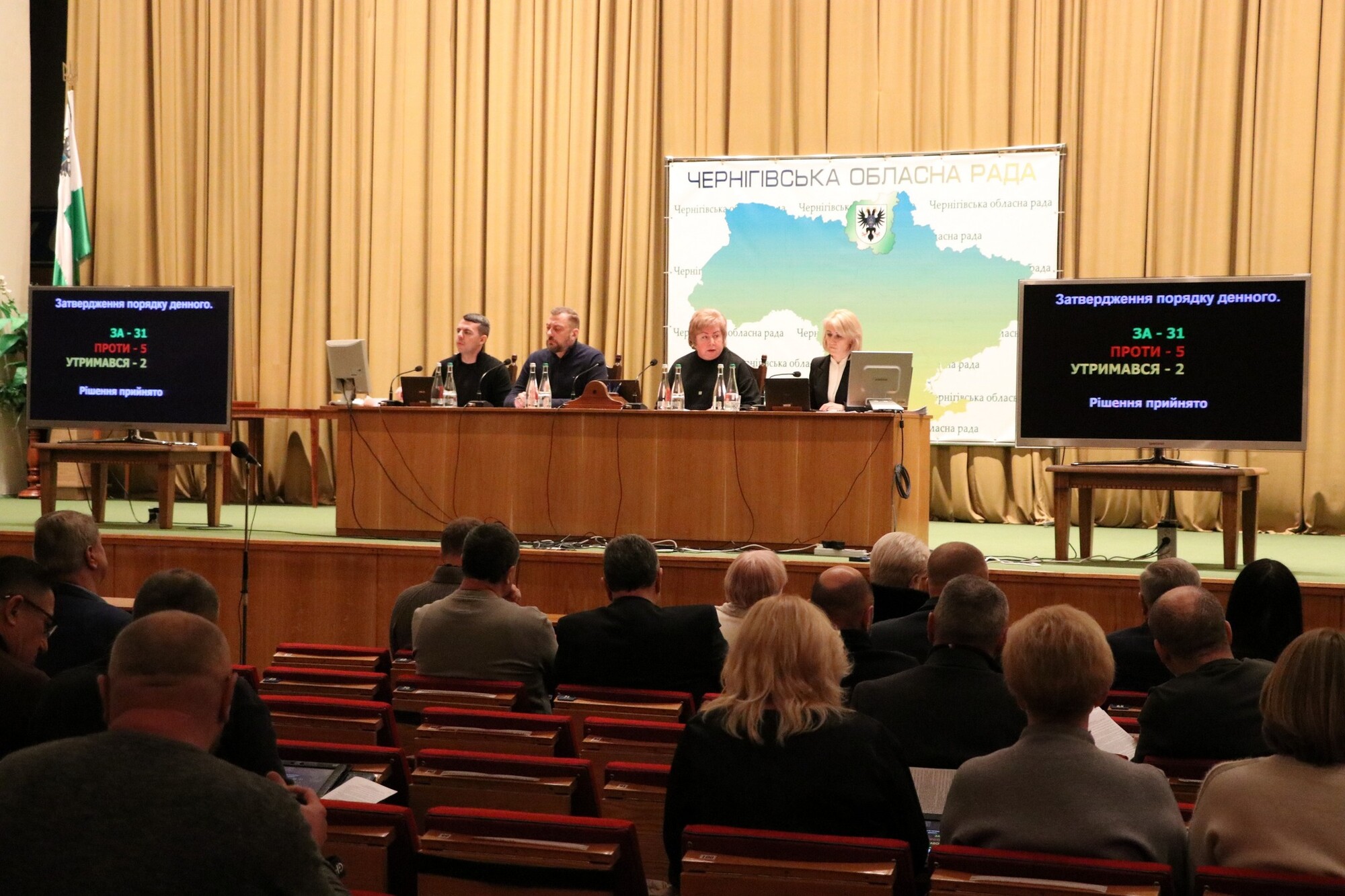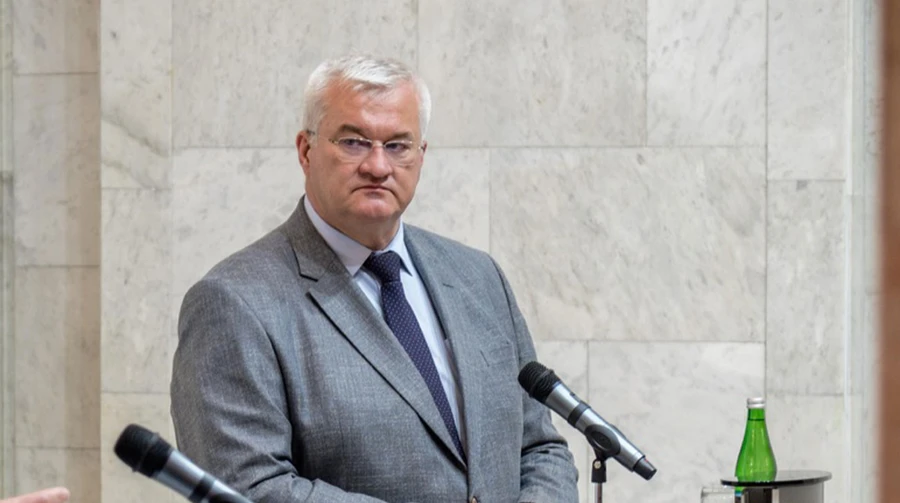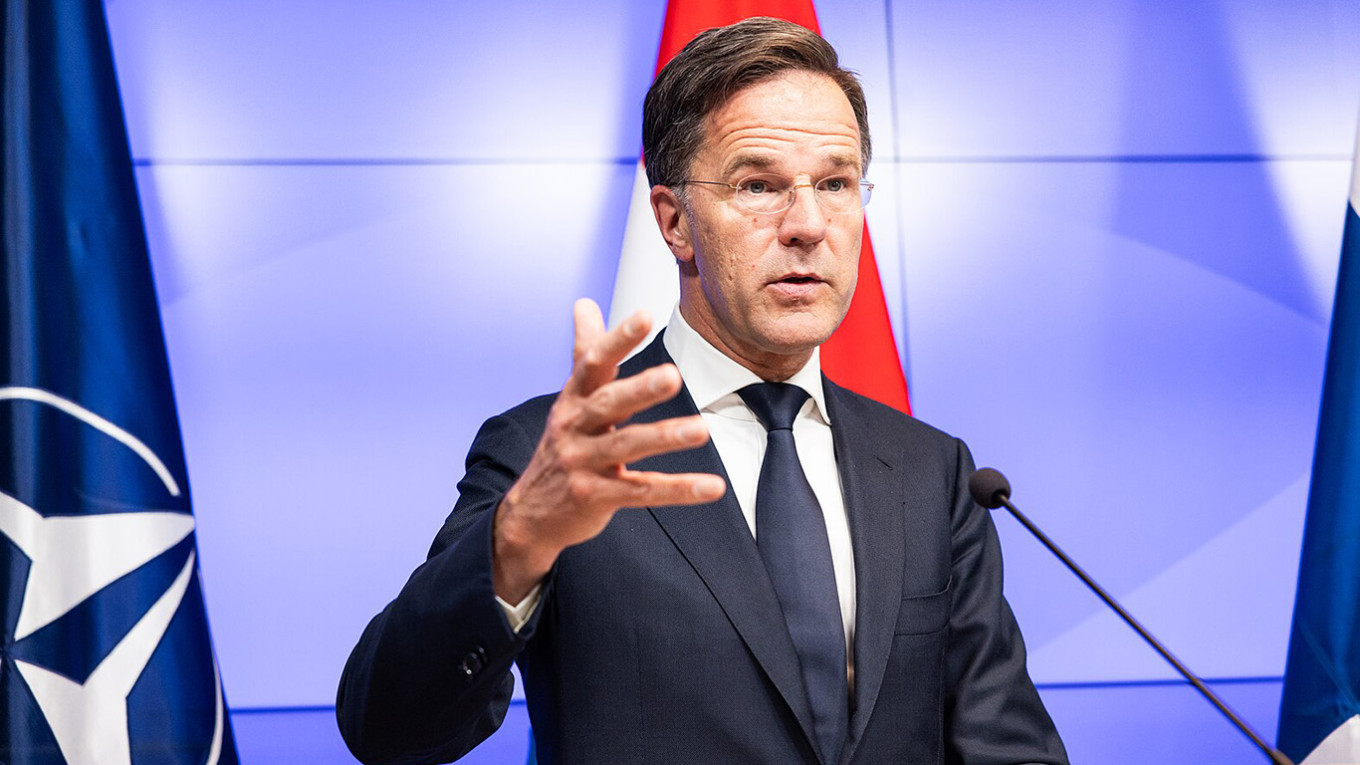EUROMAIDAN in Ukraine. Comparison with the Orange Revolution
The pro-European Union protests are Ukraine's largest since the Orange Revolution of 2004, which saw Yanukovych forced to resign over allegations of voting irregularities. Although comparing the 2013 events in the same East-West vector as 2004, with Ukraine remaining "a key geopolitical prize in eastern Europe" for Russia and the EU, The Moscow Times noted that Yanukovych's government was in a significantly stronger position following his election in 2010.
The Financial Times said the 2013 protests were "largely spontaneous, sparked by social media, and have caught Ukraine's political opposition unprepared" compared to their well-organized predecessors. In an interview with opposition leader Yuriy Lutsenko, when asked if whether the current opposition was weaker than it was in 2004 he argued, that it was stronger because the stakes were higher, "I asked each [of the opposition leaders]: "Do you realize that this is not a protest? It is a revolution [...] we have two roads – we go to prison or we win".
Paul Robert Magocsi illustrated the effect of the Orange Revolution on Euromaidan, saying "Was the Orange Revolution a genuine revolution? Yes it was. And we see the effects today. The revolution wasn't a revolution of the streets or a revolution of (political) elections, it was a revolution of the minds of people, in the sense that for the first time in a long time a Ukrainians, and people living in territorial Ukraine saw the opportunity to protest and change their situation. This was a profound change in the character of the population of the former Soviet Union."
Lviv-based historian Yaroslav Hrytsak also remarked on the generational shift, "This is a revolution of the generation that we call the contemporaries of Ukraine's independence (who were born around the time of 1991); it is more similar to the Occupy Wall Street protests or those in Istanbul demonstrations (of this year). It's a revolution of young people who are very educated, people who are active in social media, who are mobile and 90 percent of whom have university degrees, but who don't have futures."
According to Hrytsak: "Young Ukrainians resemble young Italians, Czech, Poles, or Germans more than they resemble Ukrainians who are 50 and older. This generation has a stronger desire for European integration and fewer regional divides than their seniors".
In a Kyiv International Institute of Sociology poll taken in September, joining the European Union was mostly supported by young Ukrainians (49.8% of those aged 18 to 29), higher than the national average of 43.2% support. A November 2013 poll by the same institute found the same result with 50.8% aged 18 to 29 wanting to join the European Union while 39.7% was the national average of support.
An opinion poll by GfK conducted October 2–15 found that among respondents aged 16–29 with a position on integration, 73% favored signing an Association Agreement with the EU, while only 45% of those over the age of 45 favored Association. The lowest support for European integration was among people with incomplete secondary and higher education.
Janyary 2014. Now a growing number of Ukrainians in the eastern and southern Ukraine, who are dissatisfied with the authority Yanukovych.
Wiki
The Financial Times said the 2013 protests were "largely spontaneous, sparked by social media, and have caught Ukraine's political opposition unprepared" compared to their well-organized predecessors. In an interview with opposition leader Yuriy Lutsenko, when asked if whether the current opposition was weaker than it was in 2004 he argued, that it was stronger because the stakes were higher, "I asked each [of the opposition leaders]: "Do you realize that this is not a protest? It is a revolution [...] we have two roads – we go to prison or we win".
Paul Robert Magocsi illustrated the effect of the Orange Revolution on Euromaidan, saying "Was the Orange Revolution a genuine revolution? Yes it was. And we see the effects today. The revolution wasn't a revolution of the streets or a revolution of (political) elections, it was a revolution of the minds of people, in the sense that for the first time in a long time a Ukrainians, and people living in territorial Ukraine saw the opportunity to protest and change their situation. This was a profound change in the character of the population of the former Soviet Union."
Lviv-based historian Yaroslav Hrytsak also remarked on the generational shift, "This is a revolution of the generation that we call the contemporaries of Ukraine's independence (who were born around the time of 1991); it is more similar to the Occupy Wall Street protests or those in Istanbul demonstrations (of this year). It's a revolution of young people who are very educated, people who are active in social media, who are mobile and 90 percent of whom have university degrees, but who don't have futures."
According to Hrytsak: "Young Ukrainians resemble young Italians, Czech, Poles, or Germans more than they resemble Ukrainians who are 50 and older. This generation has a stronger desire for European integration and fewer regional divides than their seniors".
In a Kyiv International Institute of Sociology poll taken in September, joining the European Union was mostly supported by young Ukrainians (49.8% of those aged 18 to 29), higher than the national average of 43.2% support. A November 2013 poll by the same institute found the same result with 50.8% aged 18 to 29 wanting to join the European Union while 39.7% was the national average of support.
An opinion poll by GfK conducted October 2–15 found that among respondents aged 16–29 with a position on integration, 73% favored signing an Association Agreement with the EU, while only 45% of those over the age of 45 favored Association. The lowest support for European integration was among people with incomplete secondary and higher education.
Janyary 2014. Now a growing number of Ukrainians in the eastern and southern Ukraine, who are dissatisfied with the authority Yanukovych.
Wiki
|
Теґі:







